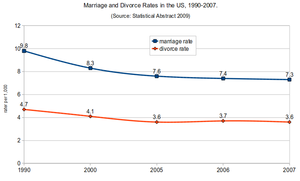
“at least dads are doing something to keep kids from mucking up the house with their dirty fingernails and carelessly-brandished Ring-Pops”
OK. Lets agree to save the anthropological discussion about how men are not meant to be domesticated for another post, or another era maybe? In the meantime, perhaps someone can do a study of mens’ dorm rooms, bachelor pads and fraternity houses so we can conclusively report that MEN ARE DISGUSTING! We are the last beings anyone should want to be responsible for disinfecting! Men will give themselves double diarrhea or watch The View (or give themselves double diarrhea by watching The View) in order to avoid cleaning toilets, so “I have to drive to a swim meet while listening to (childfree) Justin Bieber songs” must absolutely be an acceptable excuse to get out of household chores. No?
Those conducting the report, or commenting about it, don’t necessarily think so:
“men aren’t making much progress in taking over some of the less-glamorous housework. “The fathers we studied,” said Kremer-Sadlik, “are finding ways to create a new ideal of fatherhood, but they are not creating a new ideal with their partners.” He added that some fathers even use sporting events as an excuse to get out of doing housework”
via Dads Are Using Their Kids’ Sporting Events to Get Out of Helping with Household Chores.















